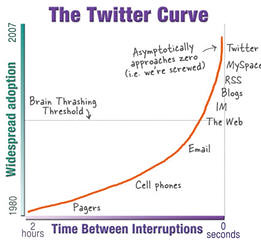
International development is infamous for its constant, jargony, changes in vocabulary. It’s not the third world, it’s the developing world. It’s not the bottom billion, it’s an ascending market. They’re not people living with AIDS (PLWA), they are people living with HIV (PLHIV). It seems ridiculous, because it kind of is, and we all get tired.
But I do believe in the power of words to shape the way we think. It’s easy to laugh at each new acronym update, but vocabulary does affect how we frame things. So there are a few words and phrases I never use, because I think they lead us in the wrong directions:
1) Beneficiaries – I never use this word unless I am contractually obligated to do so. I know that it serves a useful purpose as a standard term for the people a project serves, but I don’t like it. It implies that people are sitting around passively waiting for a savior to help them. No project works if they don’t have partners to make it work. Even handing out lollipops to children requires children who’ll take candy from strangers and parents who’ll permit it and get the children to the lollipop distribution site.
Your partners might be a community, a local government, or a community organization. But those people are not passively benefitting. They are helping make the project happen.
2) Individuals – This word is just a synonym for “people.” But it’s a cold, formal word that helps you forget that the individuals involved are actual human being people.
3) The Poor – Pretending that poor people are a homogenous collective is poor thinking, and dehumanizing. People fall in and out of poverty for a whole range of reasons, and they cope with poverty in different ways. Fighting poverty requires that we recognize that, and terms like “the poor” are a barrier. (That bring said, two great books – The Poor and Their Money, and Portfolios of the Poor – use the phrase.)
4) Africa – Okay, there are appropriate ways to use this proper noun. Like in a discussion of continental geography. Then there are all the other ways: lumping all the nations on the continent together, as though Senegal and Somalia are exactly the same; using “Africa” in the name of your tiny MONGO that works in one village in Uganda; getting confused and lumping China, Russia, and Africa together as though they are equivalent political units. Let’s stop.

